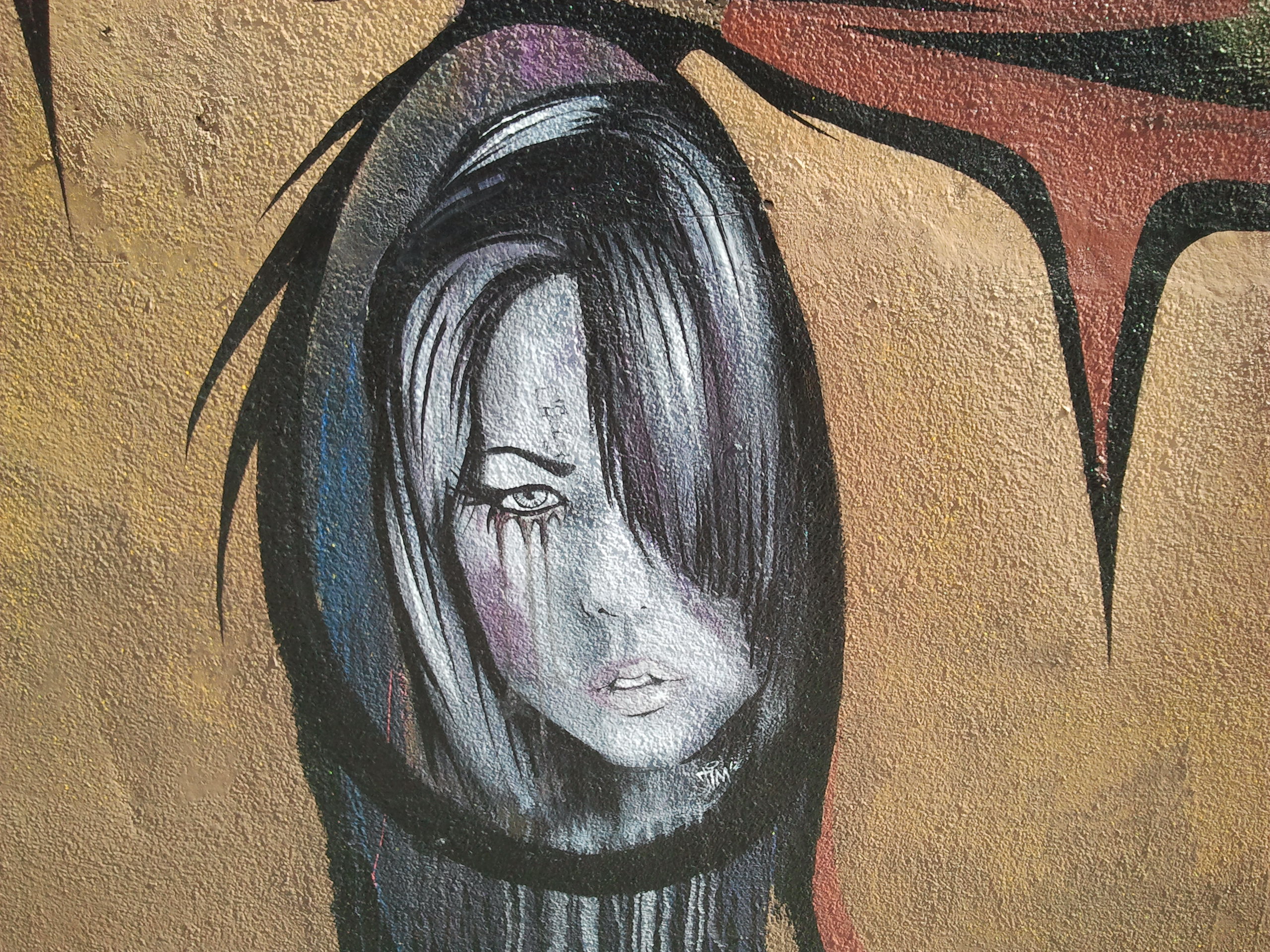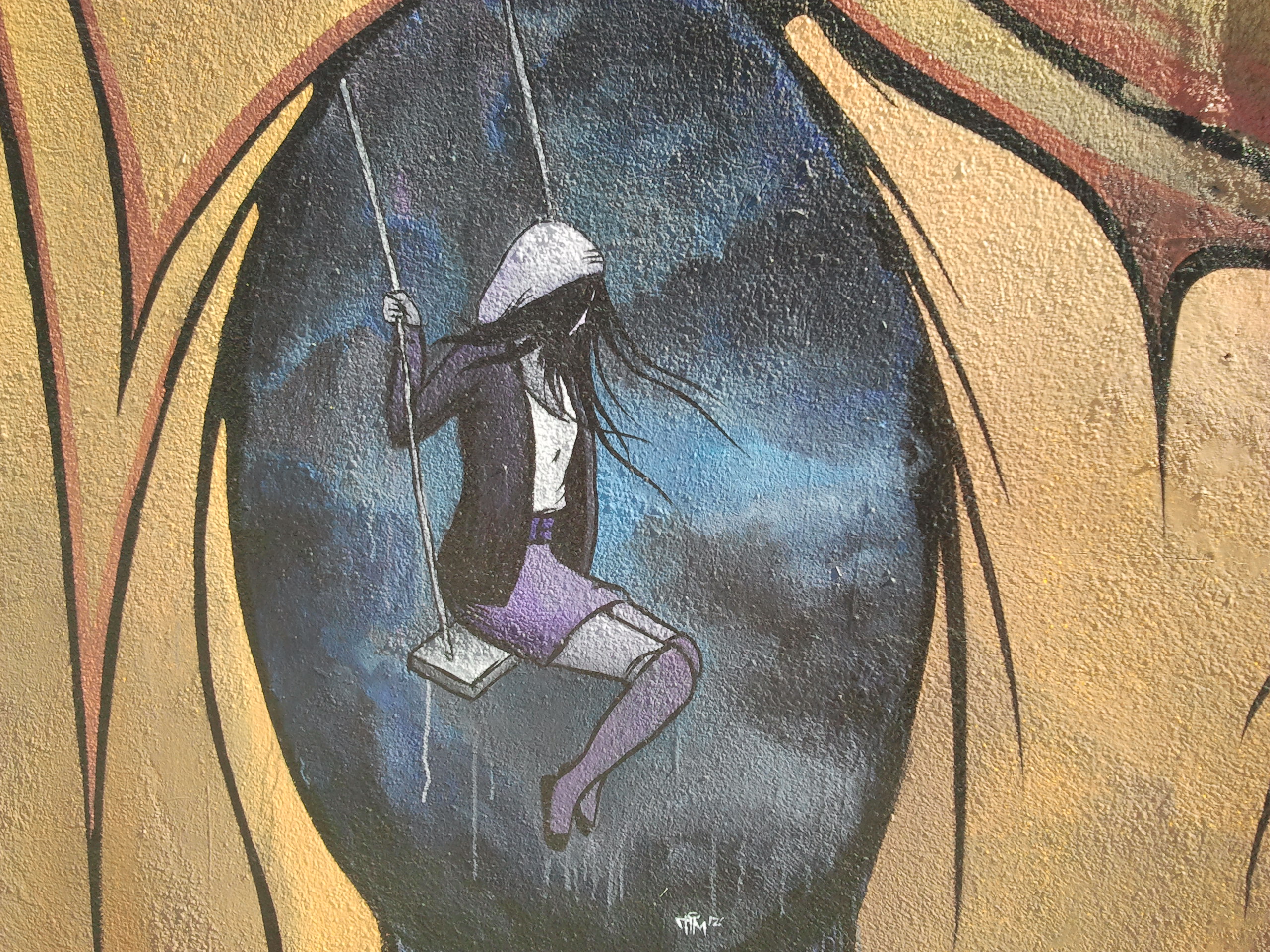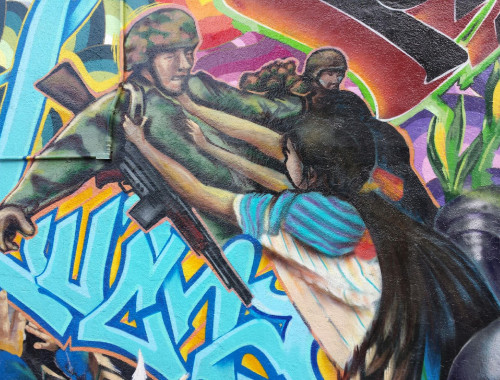
Since publishing The INFJ Writer over two years ago I’ve talked to hundreds of INFJ writers and the number one complaint I always hear is that they feel creatively blocked in some way. These INFJs have big goals, and even bigger dreams, but they can’t seem to get started.
INFJs are hit harder by writer’s block, that’s the truth of it. They don’t just feel stifled in their creative efforts, they feel like they’re trapped in despair. They know they have a book inside them waiting to come out—they can usually even see the outline of the story or the main character already—but when they sit down in front of the page nothing happens. Then the voice of the inner critic shows up and starts picking them apart. When it’s all said and done, the INFJ ends up feeling frustrated in the present, and terrified of the future. What if they never write their book and it dies a quiet death inside them?
Weirdly enough, the answer as to why INFJs end up feeling so lost and so trapped by writer’s block lies in a closer examination of the INFJ’s top two functions.
Introverted Intuition
Ah, yes. The INFJ’s so-called “superpower.” Most INFJs are fiercely proud of their intuition and rely on it heavily at all times. But this reliance must be kept in balance or the INFJ can easily go into information overload. The thing about introverted intuition is that it never shuts off. It delivers piece after piece of data long after any more data is even needed to move forward in a situation. This can be extremely valuable when navigating the ongoing narrative of a real-life relationship, but when a writer is trying to nail down the structure of their novel, sometimes more details are the last thing they need.
You’ll know if your introverted intuition is going into overdrive if…
Your story is getting way too abstract.
Complex symbols and richly-layered themes are awesome, as long as you don’t get so caught up in them that you lose the concrete thread of your story and can’t move forward.
Your back story and/or world building material is overtaking the whole book.
Again, detail is a good thing, so long as it’s held in check. If you find yourself with hundreds of pages of back story and no idea how to get back into the present with the narrative, that’s when you get stuck.
You’re mixing metaphors, and not in a good way.
A lot of the time it’s easiest for INFJs to explain the complicated patterns they see in metaphor. This can really work for a story, until it doesn’t. If you’re jumping from metaphor to metaphor without taking the time to do the harder work of pausing to grasp what you’re really trying to say, you’ll end up with a jumbled mess and no motivation to keep going with it.
Now, let’s look at our number-two culprit behind INFJ writer’s block:
Extraverted Feeling
Extraverted feeling is usually a good thing for INFJs. It allows us to connect easily with others through genuine empathy and mental interest. However, problems with extraverted feeling crop up with INFJ writers when we fall out of balance with differentiating our needs, and the needs of our book, from the needs of others. While it’s admirable to think about other people’s feelings, sometimes this can get out of hand with INFJ writers and hold them back.
You’ll know if your extraverted feeling is blocking you from writing your story if…
You NEED to write your memoir, but you’re terrified.
Yes, it’s always a good idea to be respectful when writing about real-life events that have actually happened, but sometimes you have to choose to speak your truth even if other people don’t like it. If you feel like what you have to say might actually harm someone, that’s one thing, but if you’re afraid that they just won’t approve, that’s another. Take an honest assessment of the situation to determine if you’re being held back by a valid boundary, or just the fear of disapproval.
The characters in your book are VERY different from you, and you’re terrified.
This is quite common for INFJs, as we are intuitive personalities who seek to understand as much as we can about anyone who is different from us, in any way. However, we can become blocked when we start worrying about if it’s okay for us to work in the voice of a narrator who is a different race, gender, sexual orientation, etc. from us. We might get so caught up in not wanting to offend, that we cut ourselves off artistically.
How to Get Back into Balance
No matter if it’s your introverted intuition or your extraverted feeling that’s gone into overdrive, the tell-tale sign that you’re out of balance is that you’re caught in an INFJ introverted thinking loop. This means that you’re overthinking everything, big time. You can’t stop thinking about your book, your writer’s block, and all the things in between. Your brain is convinced it can think its way out of the problem, but the truth is that all that thinking is just making things worse.
The magic key to break out of your INFJ introverted thinking loop and get out of the prison of your head (and hopefully, your writer’s block) is to engage your extraverted functions. This means you need to seek out emotionally supportive people who can talk to you about the cause of your writer’s block. So, you might meet a couple of good writer friends for coffee, or you might go to a creativity conference full of workshops made for sensitive writers. But whatever you do, you leave the inside of your head and jump back into the real world full of real people.
Reaching out for help is one of the hardest things for an INFJ to do, but if you’re struggling with crippling writer’s block, it’s the only way to move forward. Be brave. Take a deep breath. And then take the risk.
Someday, your book will thank you.
Lauren Sapala is the author of Firefly Magic: Heart Powered Marketing for Highly Sensitive Writers, a guide to help any HSP, INFJ, INFP, or introvert writer move past resistance to selling and marketing their work. She is also the author of The INFJ Writer, a writing guide made specifically for sensitive intuitive writers.


